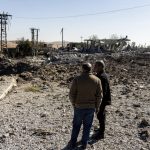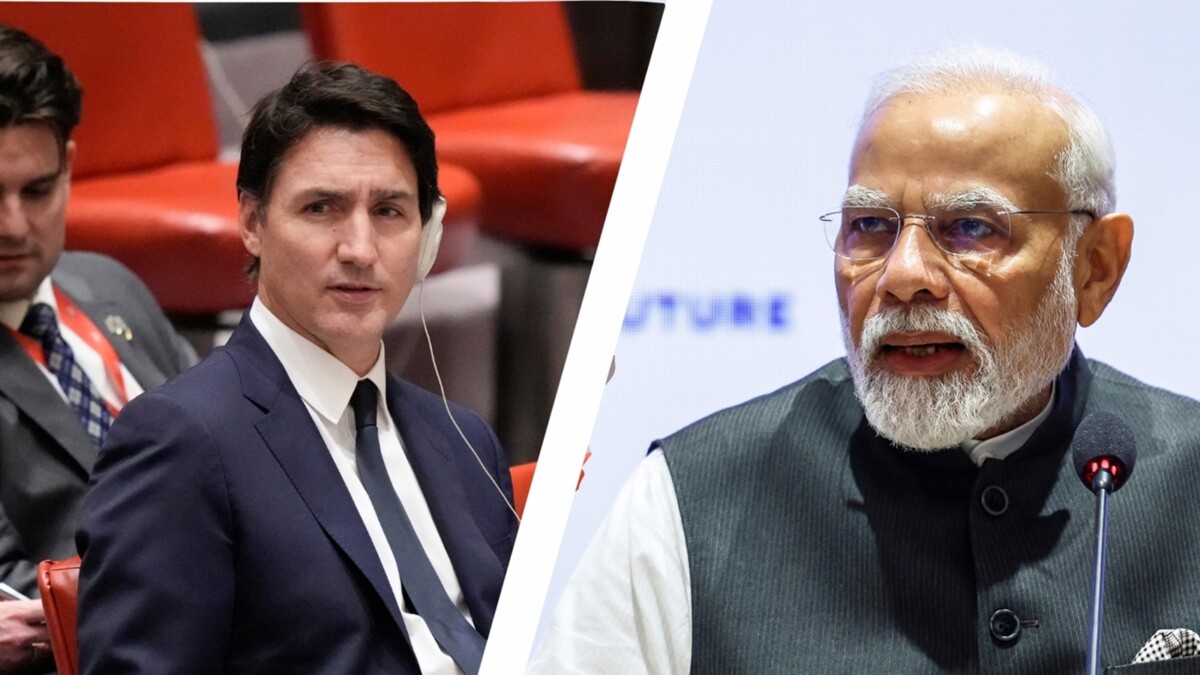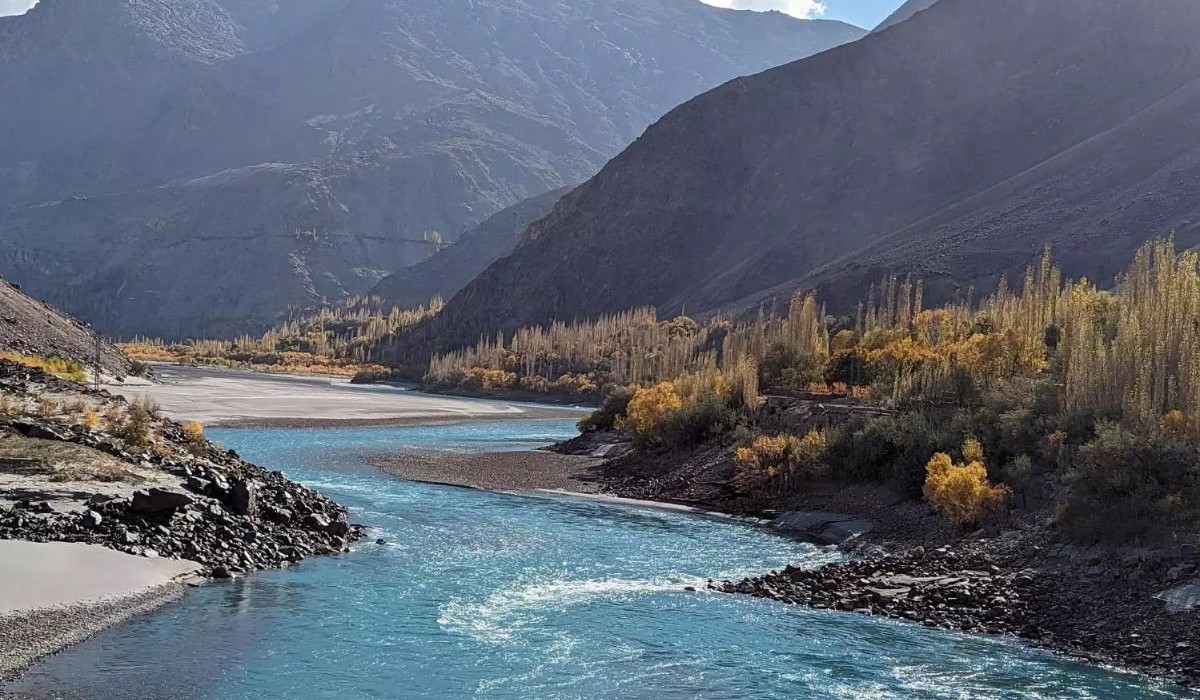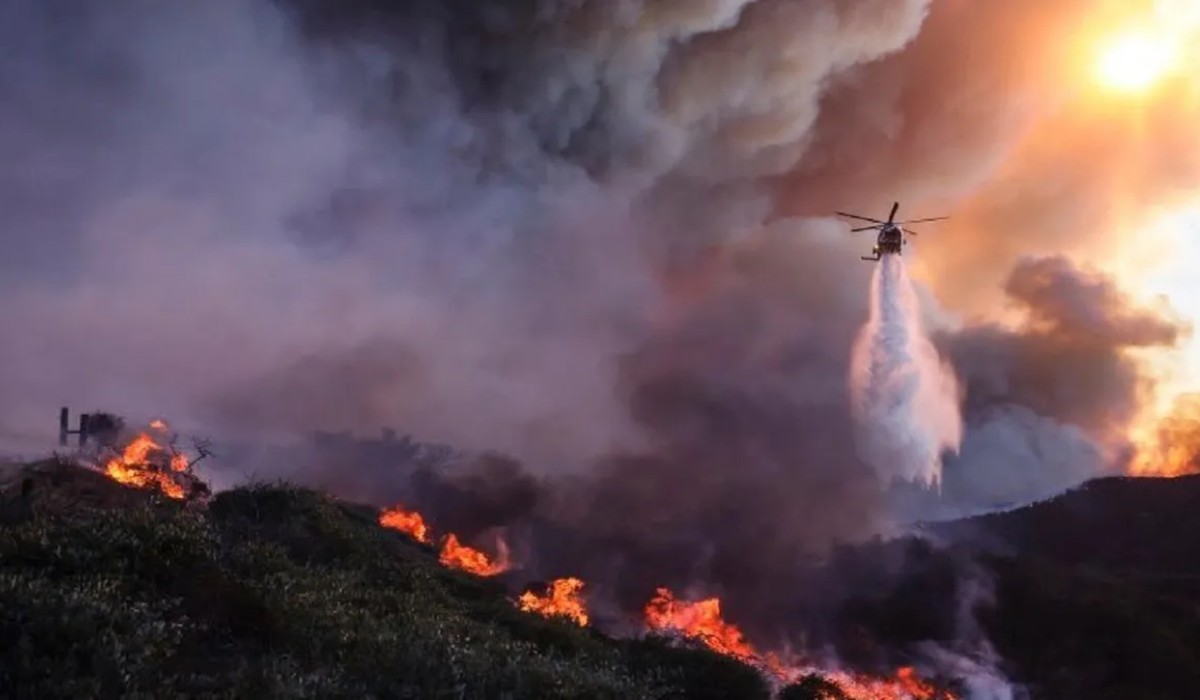Tensions between India and Canada have reached a boiling point, with both countries expelling six diplomats each amid escalating diplomatic hostilities. The situation intensified after Canadian Prime Minister Justin Trudeau revealed alleged links between Indian government “agents” and the murder of Khalistani leader Hardeep Singh Nijjar. This article explores the origins and implications of the diplomatic rift.
The Catalyst for Tension
The diplomatic discord ignited in September 2023, when Prime Minister Trudeau made a shocking announcement in Parliament. He claimed that his government was “actively pursuing credible allegations” that linked agents of the Indian government to Nijjar’s murder on Canadian soil. This accusation was met with immediate backlash from India, which described the claims as “absurd and motivated.” The Indian Ministry of External Affairs accused Canada of diverting attention from “Khalistani terrorists and extremists” that have found refuge in the country.
Also Read: The Fascinating History Behind Dussehra: Victory of Good Over Evil
Who Was Hardeep Singh Nijjar?
Hardeep Singh Nijjar was a prominent Khalistani separatist who was killed in Canada in June 2023. Although he was a Canadian citizen, Nijjar was designated as a terrorist in India due to his support for the Khalistan movement, which seeks to establish a separate Sikh state. The Khalistan movement is a contentious issue for India, which has historically opposed any calls for separatism.
Escalation of Diplomatic Actions
Following Trudeau’s allegations, Canadian Foreign Minister Mélanie Joly announced the expulsion of a senior Indian diplomat. In a reciprocal move, India summoned the Canadian envoy, Cameron MacKay, to communicate its decision to expel a top Canadian diplomat. These actions marked a significant deterioration in diplomatic relations.
India has repeatedly requested evidence from Canada regarding its claims about the Nijjar killing, with External Affairs Minister S. Jaishankar stating that India was open to an investigation if provided with adequate proof. However, Canada maintains that it has shared evidence linking Indian government agents to violent acts, further complicating the diplomatic landscape.
Also Read: Justin Trudeau Reaffirms Accusations Following India-Canada Diplomatic Clash
A Political Underpinning
The recent allegations against India coincide with a backdrop of declining support for Trudeau’s government, which faces an election in 2025. The Prime Minister’s approach to the Nijjar issue seems to reflect a political strategy to strengthen his standing among voters, particularly in light of the significant Sikh population in Canada, which numbers over 770,000. Critics argue that Trudeau’s handling of the situation is influenced by domestic political considerations, particularly as he navigates the complexities of balancing relations with India while addressing the concerns of the Sikh community.
The Current Situation
The expulsion of diplomats marks a significant escalation in the India-Canada diplomatic row. Trudeau’s comments, coupled with India’s rejection of the allegations as politically motivated, reflect a deepening rift that shows no signs of resolution. In recent statements, Trudeau criticized the Indian government for what he termed “vote bank politics,” underscoring the interplay of international relations and domestic politics.
As both nations navigate this challenging diplomatic landscape, the future of India-Canada relations remains uncertain. The situation continues to evolve, and observers will be keenly watching how both governments respond in the coming weeks and months.
Also Read: EC to Announce Election Schedule for Maharashtra and Jharkhand Today











